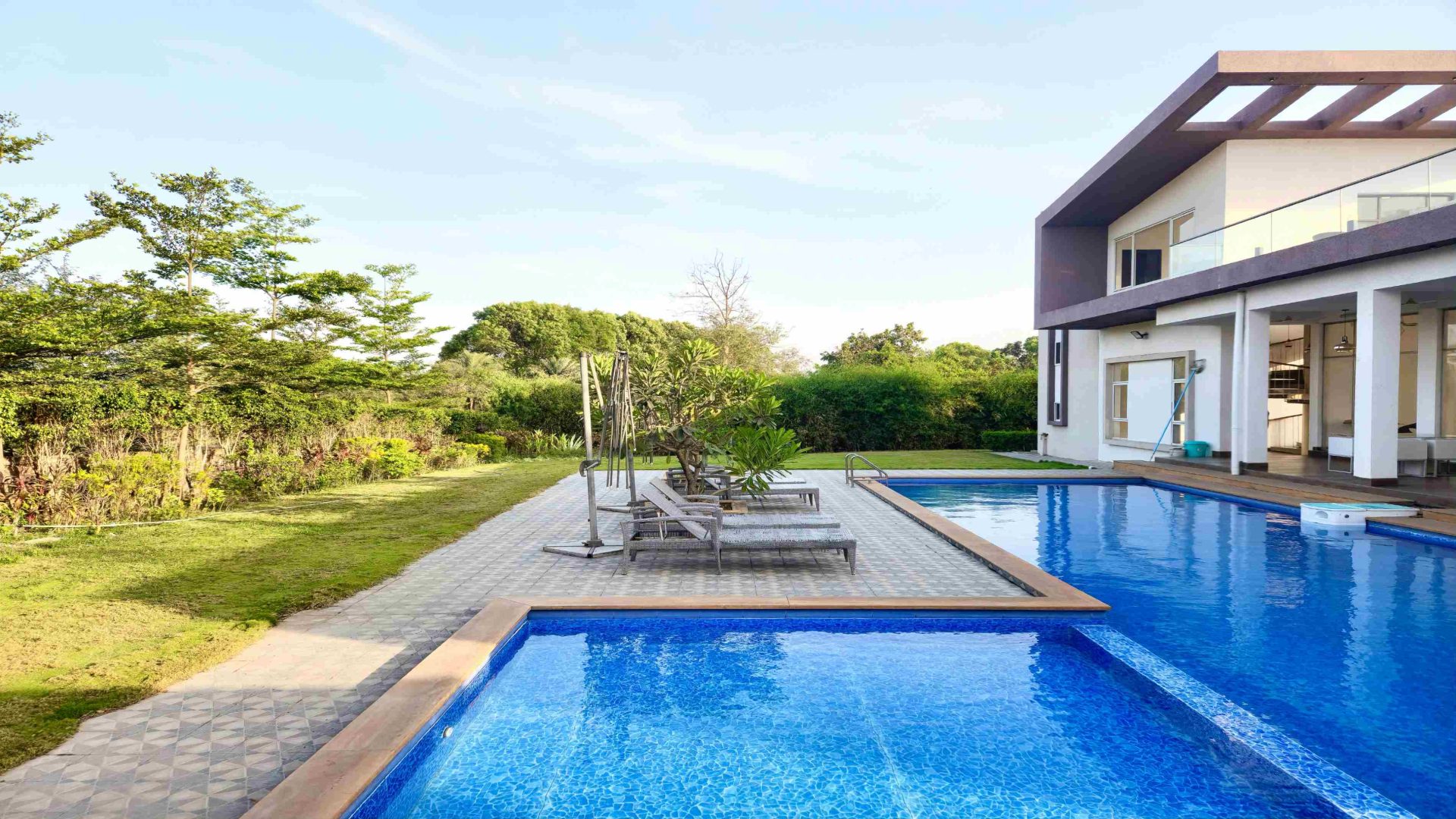
Many travelers book Airbnbs when they’re looking for accommodation, but there are plenty of alternatives that promise to minimize the negative and maximize the positive impacts on local communities.


Many travelers book Airbnbs when they’re looking for accommodation, but there are plenty of alternatives that promise to minimize the negative and maximize the positive impacts on local communities.
There’s little denying that Airbnb’s stats are impressive: Founded in 2007, Airbnb today has more than 7.7 million listings in 100,000 cities around the world.
Yet, in recent years, Airbnb—and short-term rentals in general—have been a source of growing contention. What was originally a service for people to rent out extra rooms in their home to travelers has morphed into something entirely different… As of May 2023, more than 30 percent of US properties listed on Airbnb were managed by ‘mega-hosts’, with 21 or more property listings. The company has been blamed for increased rental prices and housing shortages, gentrification, and eroding the character of neighborhoods.
In response, cities are fighting back: From San Francisco to Singapore, Airbnb has faced a growing number of complaints and regulations, and in response, restrictions for short-term rentals are tightening. New York City’s Local Law 18 (the Short-Term Rental Registration Law) has reduced the number of Airbnb listings in the city from 40,000 in January 2023 to an approved 2,242 rental hosts as of June 2024. Barcelona recently announced it’s going even further by completely banning all short-term rentals as of 2029.
But Airbnb’s pervasiveness in even the most remote corners of the world make booking with the company a hard habit to break, even for the most mindful travelers. I admit, I’m part of the problem. Since 2014, my partner and I have stayed in about a hundred Airbnb properties, jointly or as solo travelers. Heck, I’m even writing this article from the kitchen table of an Airbnb property in Verona, Italy.
Like all travelers, we have our reasons for renting from Airbnb: With our dietary restrictions, we prefer to make the majority of our meals, so a kitchen is necessary. And as is the case at this exact moment, we’re traveling with pets—much easier to do using Airbnb. So, where’s the balance?
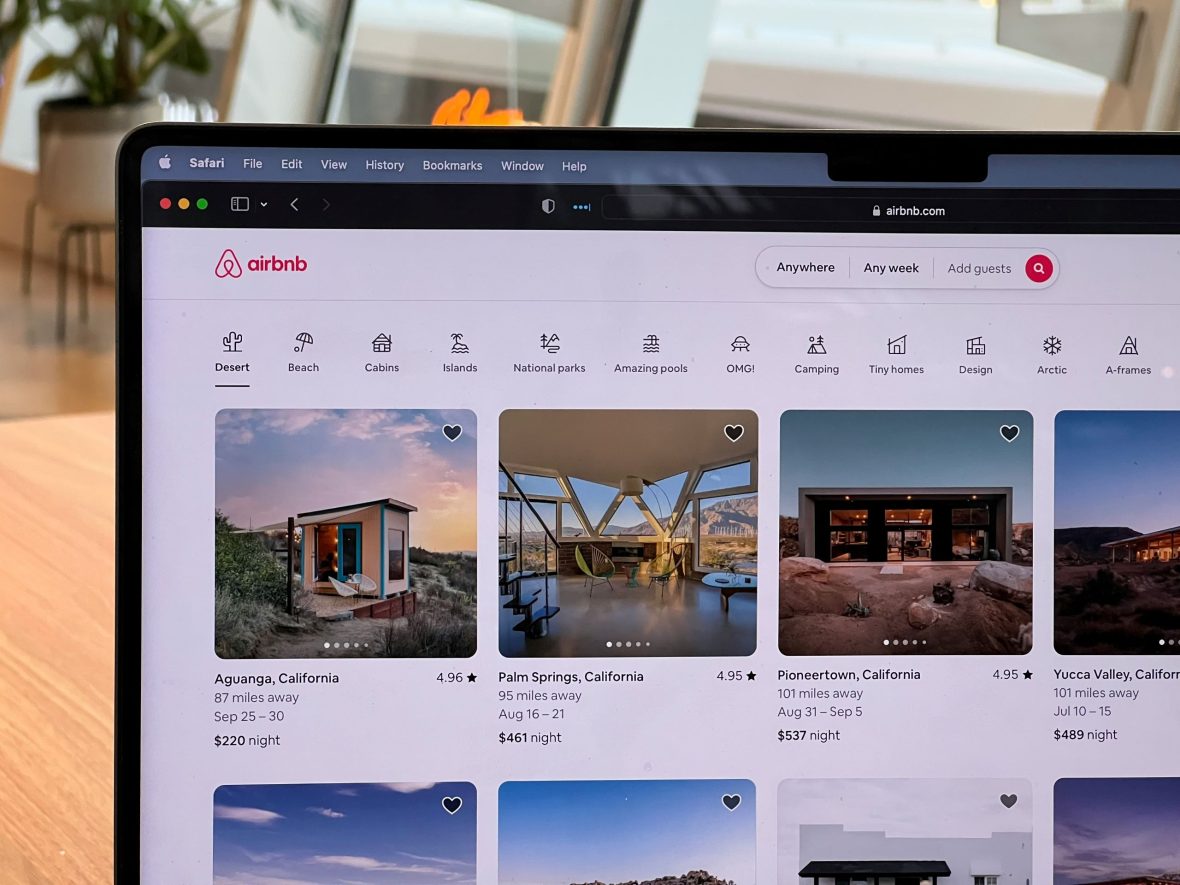
In truth, not all Airbnb properties are ‘bad’, and there are things you can do to minimize harm when using the service. Choosing a ‘room’ versus an ‘entire home’ means you’re more likely to actually be staying in an owner-occupied property.
Also, taking time to click through to hosts’ profiles reveals how many properties they own. Host ‘George’ might have a smiling profile pic and chatty summary, but ‘he’ may just be an avatar sitting on hundreds of short-term rentals—properties that are no longer available as housing for locals.
Regardless of the booking platform we choose, or even whether we choose a hotel or privately owned rental, one thing to remember is that all accommodation choices have an impact—on the economy, environment and local social fabric.
Most importantly, read reviews left by previous travelers for clues on whether a property is managed by a mega-host and/or rental company, or if the experience includes contact with an on-site host. Don’t forget to include this information when you leave reviews as well, to better inform the next customer.
Luckily, there are alternatives to using Airbnb and similar platforms such as VRBO, Booking.com, and Vacasa. It’s not always easy to find what you’re looking for, but with a bit of extra work and flexibility, it is possible.
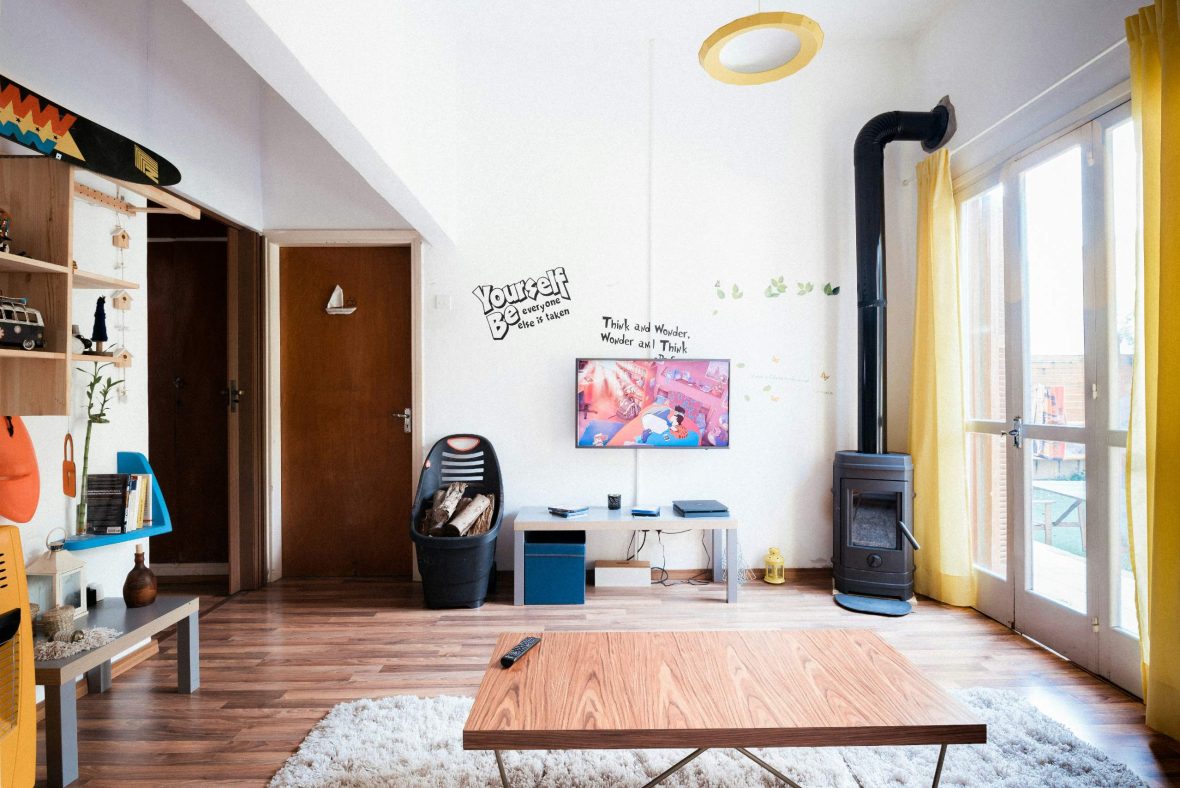
With its direct play on words, Fairbnb lists more than 2,000 properties across Europe that directly benefit destinations. The company works with local authorities to verify hosts and ensures property listings don’t negatively impact communities.
Additionally, 50 percent of the platform fees directly fund local initiatives through fairUP®, such as helping helping underrepresented and marginalized local businesses to become more visible and improve or working with conservation organizations such as the Cornwall Wildlife Trust in the UK.
Similarly, socialbnb’s model is built around 360 social- and ecological-impact projects in 45 countries. Booking accommodation affiliated with the project injects direct financial support into the project. In Tanzania, an overnight stay can help support the protection of Chumbe Island Coral Park and its environmental programs, while an overnight stay at Wampendobler Paradies in Germany can help support sustainable organic rearing of endangered sheep.
France-based GreenGo calls itself “the responsible alternative to Booking and Airbnb” and uses selection criteria focused on environmental and climate initiatives to curate its property listings. Ecobnb also has an environmental focus: All listed accommodations must have at least five of 10 stated environmental requirements such as car-free access, 100 percent renewable energy, and over 80 percent waste recycling, that are internationally recognized by Ecolabels and other ecotourism certifications.
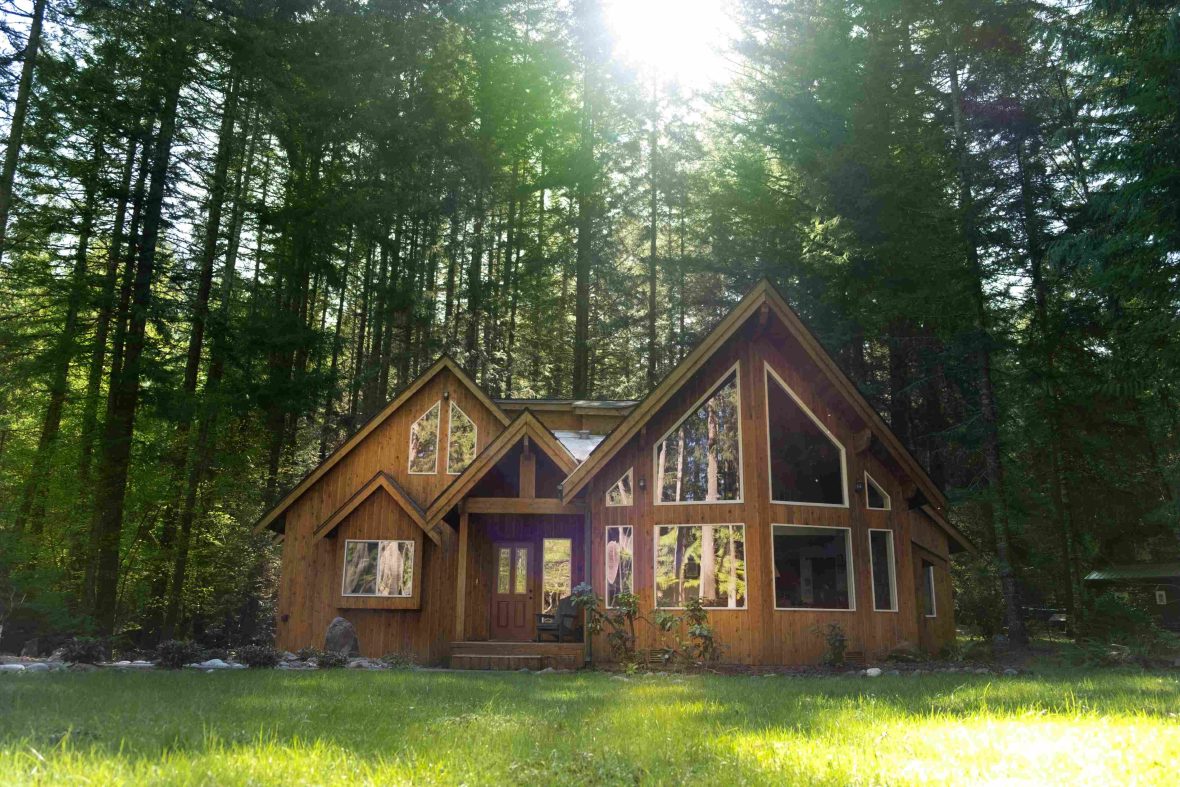
Beyond traditional rental property platforms, some companies cater, or appeal, to certain kinds of travelers. Homestay.com, which features 37,000 homestay opportunities in more than 170 countries, usually attracts students and those participating in study abroad and work placement trips. Similarly, SabbaticalHomes isn’t marketed for travelers, but might be a good alternative for short- to long-term accommodation needs.
For people who are happy to ‘home swap’, consider using HomeExchange where, as the name suggests, owners themselves swap properties. And, for those with flexible travel plans but are willing to care for others’ homes and pets, TrustedHousesitters offers a different kind of local experience, combining the ‘job’ of pet-sitting with house-sitting.
Regardless of the booking platform we choose, or even whether we opt for a hotel or privately owned rental, one thing to remember is that all accommodation choices have an impact—on the economy, environment and local social fabric. Being aware of the local challenges Airbnb presents is a start, and seeking out better alternatives where it doesn’t feel quite right is a great next step. Doing so means you might sleep with a clearer conscience at night, whether at home or in a new place.
***
Adventure.com strives to be a low-emissions travel publication. We are powered by, but editorially independent of, Intrepid Travel, the world’s largest travel B Corp, who help ensure Adventure.com maintains high standards of sustainability in our work and activities. You can visit our sustainability page or read our Contributor Impact Guidelines for more information.
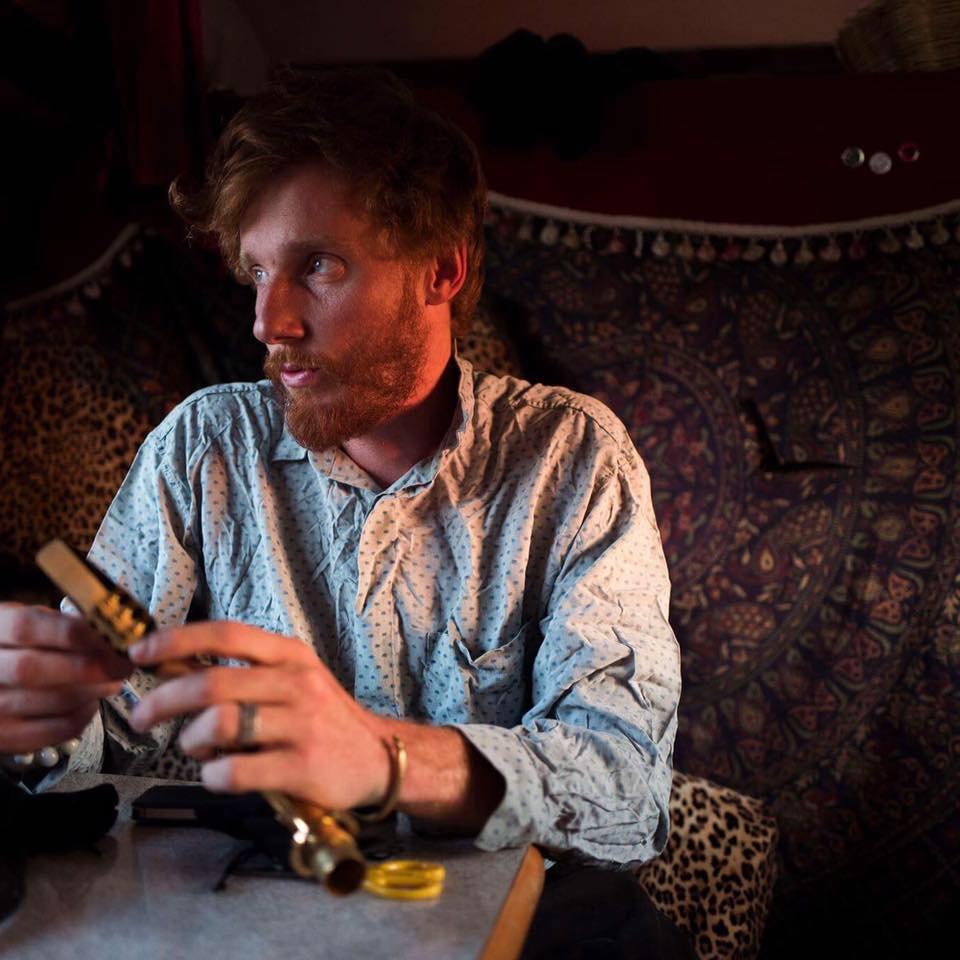





Can't find what you're looking for? Try using these tags: